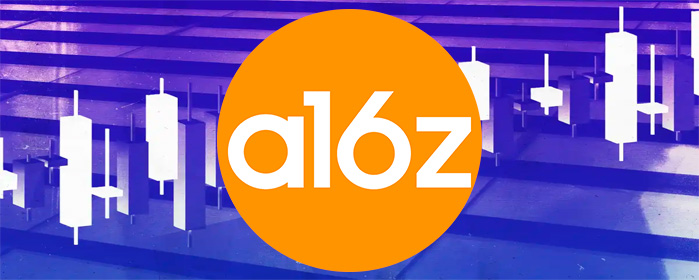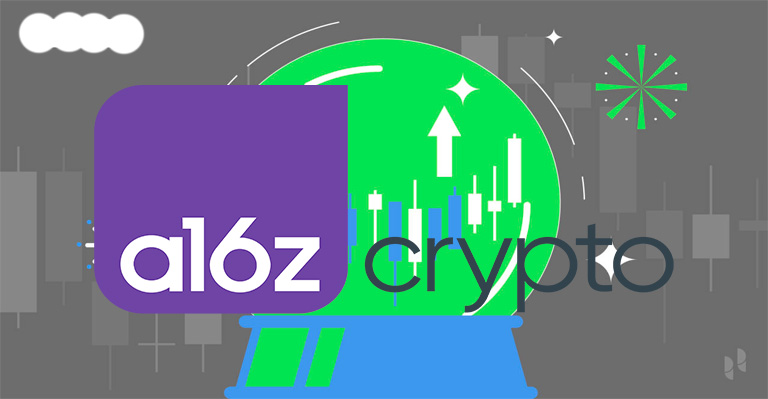TL;DR
- A16z predicts that AI agents will become autonomous network participants, managing crypto wallets and participating in decentralized markets, unlocking new economic models.
- Decentralized autonomous chatbots (DACs) could generate content, build followings on decentralized social media, and manage their own crypto assets, creating new revenue streams.
- The tokenization of new asset classes, including biometric data and government bonds, is expected to become mainstream, enhancing income generation and adding integrity to DeFi ecosystems.
Andreessen Horowitz (a16z), a leading venture capital firm, has released its annual predictions for the crypto industry, highlighting the transformative potential of AI agents, decentralized unincorporated nonprofit associations (DUNAs), and tokenization in 2025.
According to Carra Wu, a partner on a16z’s crypto investment team, AI agents are set to transition from passive tools to autonomous network participants. These AI agents will be capable of managing their own crypto wallets, signing keys, and participating in decentralized markets autonomously.
Wu envisions AI agents operating or verifying nodes in decentralized physical infrastructure networks (DePIN), participating in web3 gaming, and even running their own blockchain networks. This evolution could unlock high-value applications, from gaming to managing decentralized assets, and drive entirely new economic models.
Decentralized Autonomous Chatbots (DACs)
A16z’s Dan Boneh and colleagues introduce the concept of decentralized autonomous chatbots (DACs). These chatbots could generate content, build a following on decentralized social media, and manage their own assets in crypto.
Running on trusted execution environments (TEEs), DACs could become billion-dollar autonomous entities, redefining digital interaction and creating new revenue streams.

Innovations in Decentralized Governance
Miles Jennings, general counsel and head of decentralization at a16z crypto predicts that U.S.-based decentralized autonomous organizations (DAOs) will increasingly adopt the DUNA framework introduced by Wyoming.
This legislation recognizes DAOs as legal entities, enabling greater economic activity, tax and compliance management, and insulating token holders from legal liability. Jennings expects other U.S. states to introduce similar structures, fostering progress in the crypto ecosystem.
Tokenization of New Asset Classes
A16z also foresees the tokenization of new asset classes becoming mainstream in 2025. Aaron Schnider, a technical operations specialist at a16z crypto, believes that maturing web3 infrastructure will pave the way for tokenizing unconventional assets, such as biometric data.
This development could redefine income generation in the digital age, allowing individuals to capitalize on previously untapped assets in a decentralized manner.
Brian Quintenz, head of policy for a16z crypto, predicts that nation-states will explore tokenizing government bonds. This move could create government-backed, interest-bearing digital assets without the surveillance concerns of CBDCs. Tokenized bonds could be used as collateral in DeFi, adding integrity and soundness to these ecosystems.

